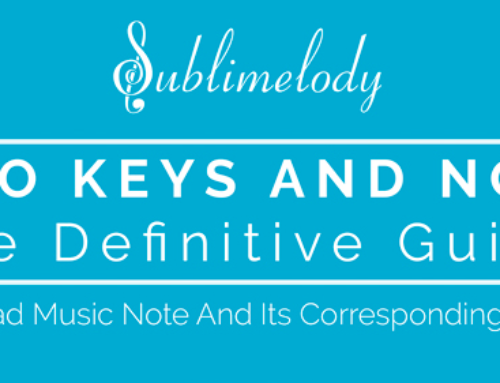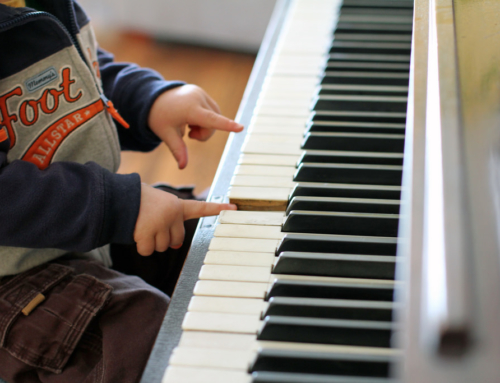Is there really a connection between music and intelligence?
Humans have always had an obsession with the things that can make them more intelligent. Centuries ago we had herbs and special stones that claimed to increase intelligence levels, and now we have a variety of things like supplements, stimulant medications, and food which have become a multimillion-dollar industry.
There are even more experience products that claim to increase the minds of children. Products such as Mozart for the Mind, which came as a result of the idea that listening to classical music can make you and your unborn babies smarter.
Interestingly enough, humans always want effortless things that can make them smarter. They do not want to go the difficult road of actually learning things to become more intelligent. They like to have some pills or a game that does not feel like work, but still make them smarter instantly. Music is something that fits well here since you can listen to music doing whatever you want. It is very marketable, and it is being marketed extensively.
The Mozart Effect
The research that started this trend of listening to music to make you “smarter” is called the Mozart Effect. It was done for a group of undergraduates focusing on their spatial function skills. They were divided into three groups. One group listened to Mozart for 10 minutes and other two groups respectively listened to a relaxing music and stayed in silence for those 10 minutes.
Then they were given a task to imagine what a piece of paper that’s folded several times and had to make spatial manipulations. Those who listened to Mozart did better. This research was immediately picked up by the media and there were many businesses trying to capitalize on this by selling Mozart music targeted for school children and even pregnant mothers claiming that listening to Mozart makes you smarter.
Since the first experiment did not focus on children, with the growing popularity of Mozart products for children, another study followed. It included children who listened to Mozart, children’s music and another classical music piece. Then they drew a picture which was then rated for the creativity and the detail. In this experiment, the group which listened to children’s music took the lead.
The conclusion of all these studies was that it is not necessarily about the piece of music you are listening, but more about how it makes you feel. It’s about your response towards music. An upbeat rhythm that is often used by Mozart increases excitement and arousal, which leads people to perform better immediately after listening to Mozart. It is as simple as that.
Someone who is depressed can perform as badly as someone who is having the onset dementia. If you have problems with your mood and energy levels, your cognitive performance suffers. Music would not affect the intelligence of unborn babies if the mother listens to it while pregnant as well. There will be no enhancing of the brain function. However, music can soothe and calm the mother, which is always a great thing.
These are the things that music does, which means it is never a bad decision to listen to more music, and if Mozart makes you happy, then listen away!
- Music can reduce pain. (after surgery/ labor)
- Rehabilitation activities – gives better focus and enjoyment.
- Improve endurance
- Helps perceived exhaustion
- Helps with movements
- Music can have good effects on dementia parents. (music from their childhood)
Again, it’s not about what music to listen to, but rather how the music makes you feel at any given moment that matters. It can indirectly improve intelligence if we apply it at the right time with the right music.
If you or your child wishes to learn music, it’s best to learn music like the way we learn a language; it’s much more natural.






